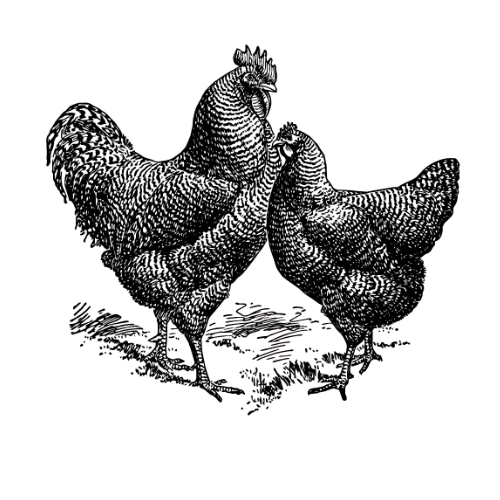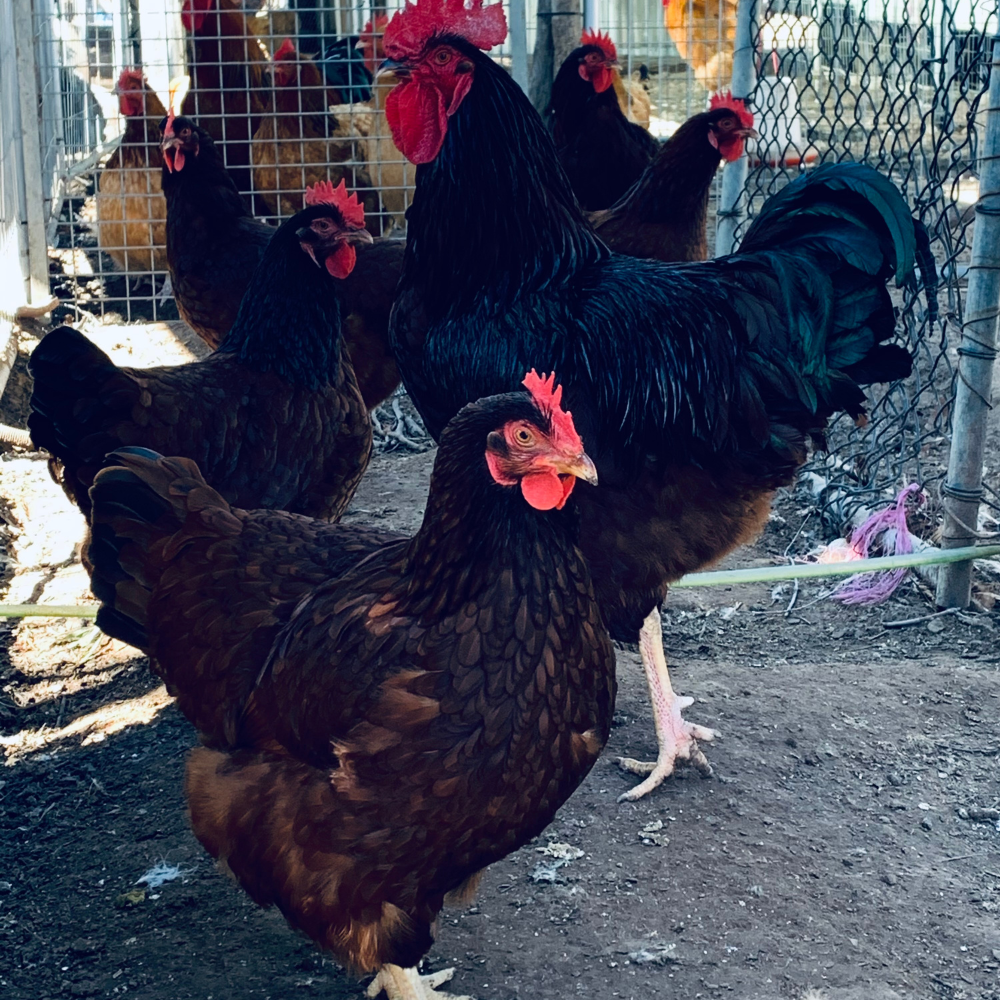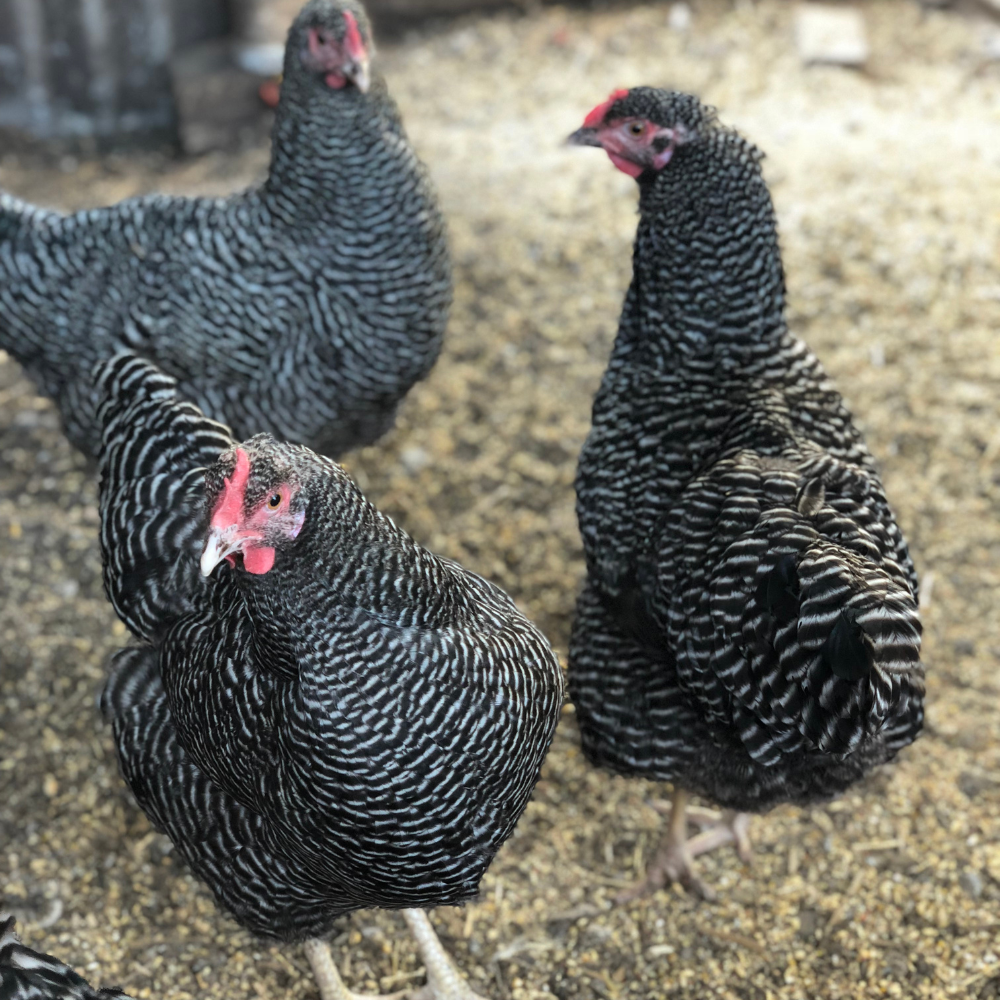Introduction
Heritage chickens are traditional breeds that have been raised for generations, known for their hardiness, natural reproduction, and adaptability to free-range environments. Unlike commercial hybrid breeds, heritage chickens grow at a natural pace, have longer lifespans, and often exhibit strong disease resistance. They are an excellent choice for backyard farmers because they provide high-quality eggs and meat while contributing to sustainable and ethical farming practices.
Choosing the Right Heritage Breed
Selecting the right heritage chicken breed ensures a healthy, productive, and sustainable backyard flock.
Key Factors to Consider:
-
- Climate Suitability – Choose breeds that thrive in your local weather.
-
- Egg vs. Meat vs. Dual-Purpose – Some breeds excel in egg-laying, others in meat production, while dual-purpose breeds offer both.
-
- Temperament & Space Needs – Docile breeds suit beginners, while some require more space to forage.
Beginner-Friendly Heritage Breeds:
-
- Rhode Island Red – Hardy and excellent egg layers.
-
- Plymouth Rock – Friendly, good for eggs and meat.
-
- Sussex – Calm, great foragers, reliable layers.
-
- Orpington – Gentle, cold-hardy, easy to care for.
-
- Australorp – Exceptional egg layers with a docile nature.
Choosing the right breed helps create a thriving backyard flock.
Feeding and Nutrition
Providing a balanced diet is essential for the health, growth, and productivity of heritage chickens. Proper nutrition ensures strong immunity, optimal egg production, and overall well-being.
Essential Feed Types:
-
- Chick Starter – High-protein feed for young chicks to support early growth.
-
- Grower Feed – Designed for pullets, promoting steady development before laying begins.
-
- Layer Feed – Rich in calcium and nutrients to support egg production in hens.
-
- Scratch Grains & Treats – Used as supplements, but should be given in moderation.
Benefits of Free-Ranging & Foraging:
Allowing chickens to forage provides natural nutrients, reduces feed costs, and encourages healthy behaviors, contributing to a well-rounded diet.
Watering and Hydration
Ensuring chickens have access to clean, fresh water daily is vital for their health, digestion, and egg production. Proper hydration helps regulate body temperature, supports nutrient absorption, and prevents dehydration, especially in hot weather.
Health Care and Common Issues
Heritage chickens are hardy, but they can still face common health issues. Preventative care and early treatment are key to keeping them healthy.
-
- Mites and Lice Control – Regular coop cleaning and natural dust baths help prevent infestations.
-
- Respiratory Infections – Provide proper ventilation and keep the coop dry to reduce illness risks.
-
- Bumblefoot and Leg Issues – Keep perches and ground surfaces clean to prevent foot injuries.
-
- Natural Remedies vs. Vet Care – Herbal treatments can help with minor issues, but serious cases may require veterinary care.
A well-maintained environment and regular health checks are essential for a thriving flock.
Egg Production and Collection
Heritage chicken breeds typically start laying eggs around 5 to 6 months of age. Their egg production may be slower than commercial hybrids, but they often lay for more years, providing a steady and sustainable supply of farm-fresh eggs.
Heritage chickens are hardy, but they need extra care in winter to stay healthy:
-
- Keeping Them Warm – Use the deep litter method for insulation and heated waterers to prevent freezing.
-
- Adjusting Feed – Provide extra calories with high-energy grains to help them stay warm.
-
- Preventing Frostbite – Apply petroleum jelly to combs and wattles and ensure proper coop ventilation to reduce moisture buildup.
Encouraging Natural Behaviors
Allowing heritage chickens to forage for natural food sources promotes their health and well-being. Free-ranging helps them find insects, seeds, and greens, providing essential nutrients while encouraging natural scratching, pecking, and exploring behaviors.
Conclusion
Heritage chickens are a rewarding choice for sustainable farming and backyard flocks. With proper care, they thrive and provide high-quality eggs and meat. Beginners can start their own flock with confidence, knowing these hardy breeds are resilient and well-suited for free-range living.



